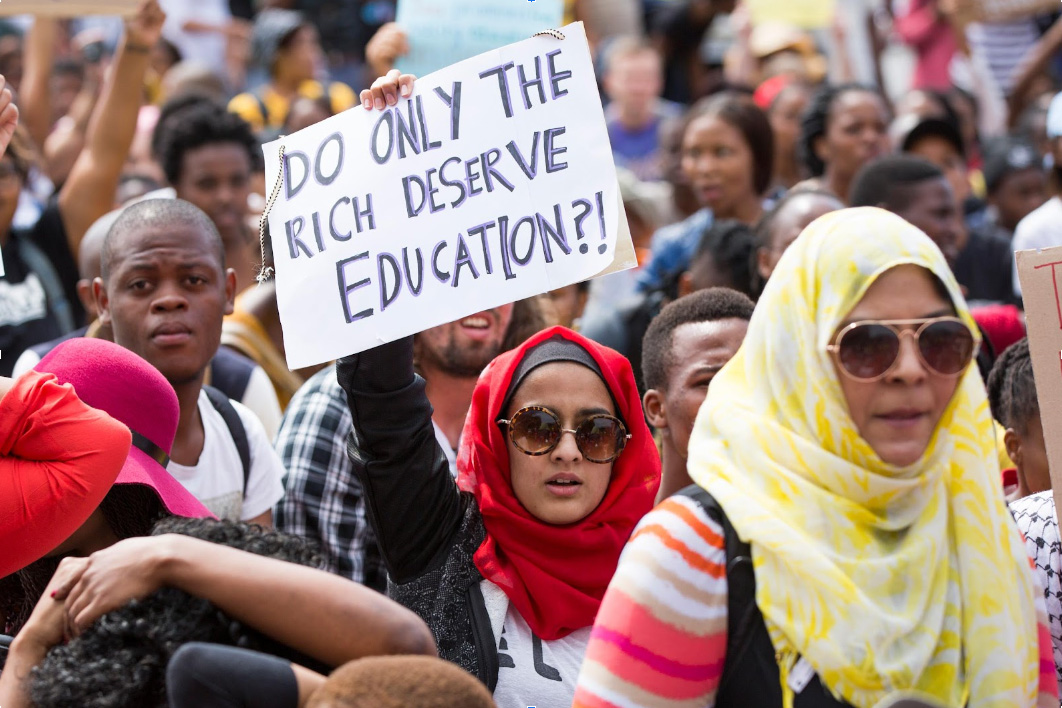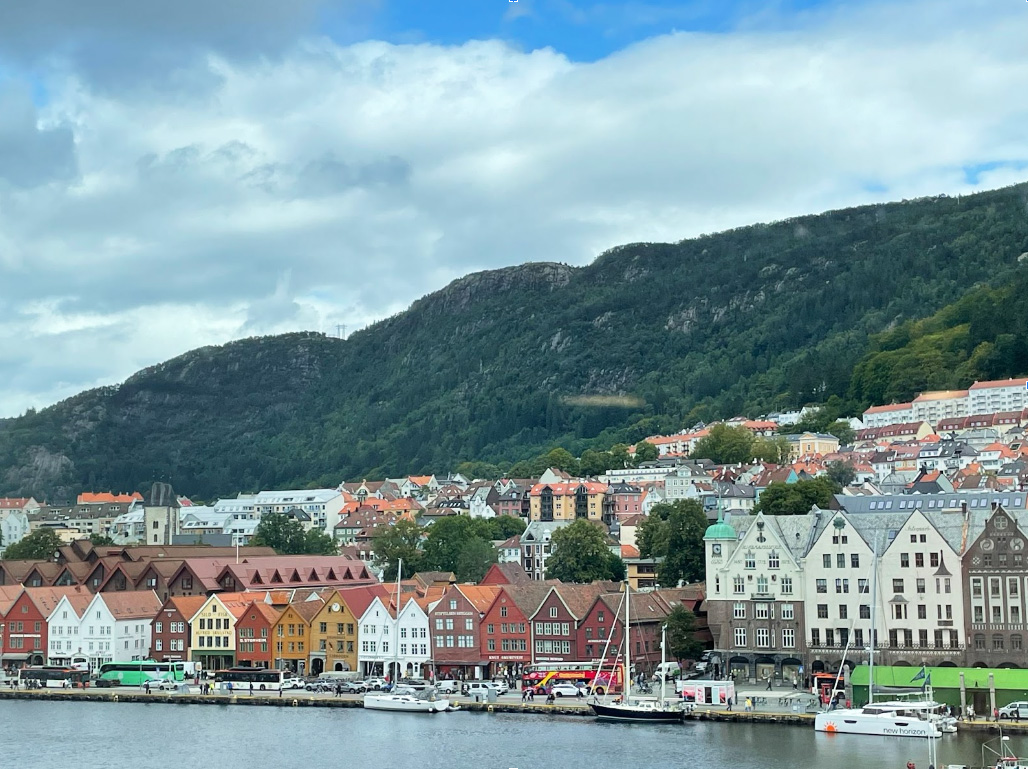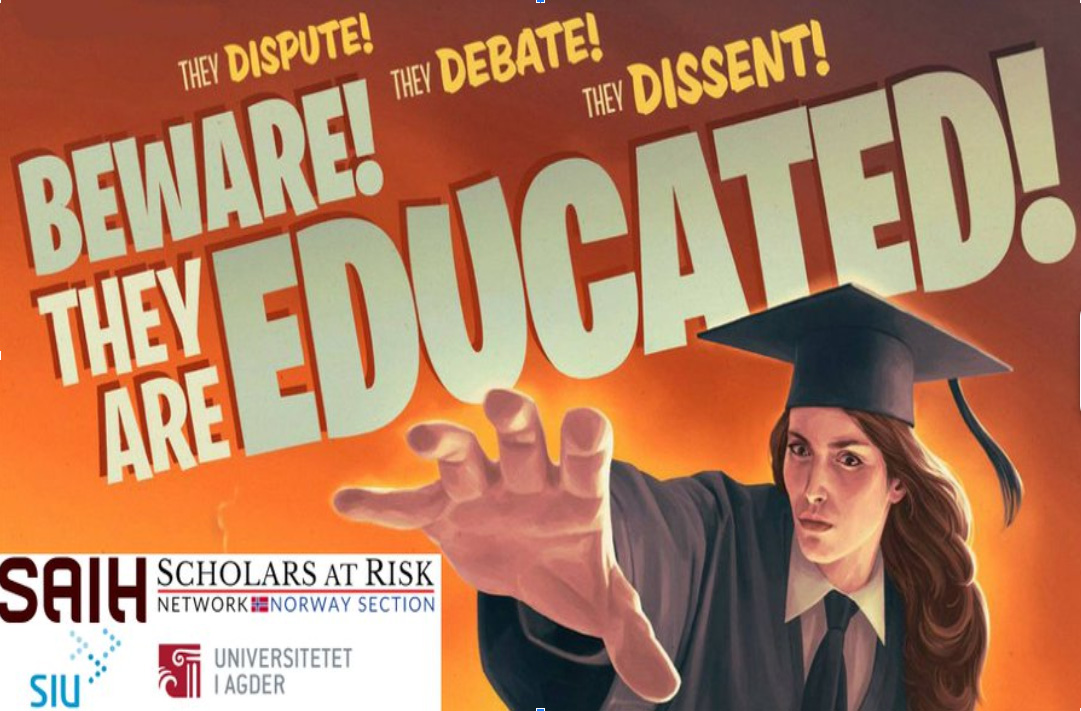10 years of Norwegian supports for students at risk

Table of Contents
The concept of students at risk
10 years of StAR
HK-Dir
SAIH
Next steps
Conclusions
The concept of students at risk
The concept of at-risk students is distinct from that of refugees as it does not require the formal criterion of a legally recognized status. It identifies individuals leaving their country, in a situation of danger or objective hardship, but who cannot or do not wish to apply for political asylum for various reasons.
This term has unfortunately gained prominence in global media in recent years: one need only think of the ban on access to higher education for Afghan women, or the support projects for Ukrainian or Palestinian students when their institutions were destroyed by war. By way of example, and certainly not exhaustively, the UNIMED initiative for Gaza can be mentioned.
In Italy, numerous universities have created dedicated scholarships for young people whose academic paths have been disrupted by traumatic events.
The University of Padua is an example of academic activism in this regard: starting with a scholarship program for Afghan citizens fleeing their country, followed by one for Ukrainian citizens and a third for young people fleeing Myanmar, the University of Padua has developed the initiative “UNIPD 4 Students at Risk,” now in its second edition.
10 years of StAR
On October 1st 2024, the Norwegian programme for students at risk (StAR) celebrated its 10th anniversary. In 2012, SAIH, an organization dedicated to supporting student movements and activists globally for over six decades, partnered with the National Union of Students in Norway to launch the Norwegian Students at Risk (StAR) initiative. The StAR program is designed to assist student activists who face the risk of losing access to education or other fundamental rights in their home countries, either through official restrictions or informal barriers. StAR provides these individuals with the chance to complete their studies in the safety of Norway.
The first students were nominated in 2014 and they arrived in Norway in 2015, and since then the programme has supported about 150 young people.
The programme is funded by the Ministry of Foreign Affairs and its management is delegated to the Norwegian Directorate of Higher Education and Skills (HK-Dir).
The uniqueness of the program lies in the application process for the scholarships: the call for applications is published by HK-Dir in the summer and sent to Norwegian universities, embassies of specific countries involved in the program, and NGOs. Interested students cannot apply directly; instead, they must be nominated by an embassy or an institution connected to HK-Dir. The “at-risk” status is verified and certified by the entity submitting the nomination. Subsequently, in the fall, HK-Dir conducts a pre-selection process, ensuring that academic requirements are met and evaluating the candidates’ level of English proficiency.
Students who pass this initial selection phase must then prepare all the required documentation to study in Norway. The next step involves Norwegian universities, which in the spring carry out their assessments and issue admission offers to the selected students. From that point onward, the subsequent steps are the same as for any international student: visa application, arrival in the host country, and support provided by the university. Furthermore, HK-Dir maintains regular contact with the universities, continuing through to the student’s graduation.
The StAR scholarship covers not only travel and visa expenses, as well as a monthly stipend, but also aims to provide continuous support from the involved organizations, which is essential for ensuring the student successfully completes their studies.
HK-Dir - The Directorate for Higher Education and Skill
Located in the beautiful Bergen, with a breathtaking view of the surrounding mountains, the Directorate for Higher Education and Skills is the executive agency for the Norwegian Ministry of Education and Research within the higher education and higher vocational education sectors.

Among the many activities they are responsible for, they also manage and coordinate the StAR programme. This activity involves not only the pre-selection procedure, but also the delicate process of coordinating the various entities involved: universities, embassies, NGOs, the Ministry of Foreign Affairs, the Ministry of Education and Research, and the Ministry of Justice and Public Security.
According to the latest data provided by the organization, this includes:
- 15 university colleges and universities
- 3 ministries
- 44 embassies, covering a total of 114 countries
- 2 national centers and the immigration authorities
Additionally, the HK-Dir staff organizes an annual welcome event that brings together all new scholarship recipients in person, in a different Norwegian city each year. HK-Dir is not only responsible for organizing the event but also contributes to the travel expenses of the scholars. The event is important for creating networking opportunities in the new context.
During the final semester of study, HK-Dir sends a letter to the scholarship recipients, offering them the option to purchase return tickets home or to pay a fixed sum. Students also have the opportunity to request an extension of the program for one semester, with a maximum of two. Unfortunately, there is currently no post-program monitoring: it would be interesting to understand how many scholars choose to return home and how many stay in Norway or move to a third country.
SAIH
The Norwegian Students' and Academics' International Assistance Fund (SAIH) is an organization based in Oslo, established in 1961. From their website:
“SAIH is dedicated to creating a world where everyone has the chance to shape their own future and the society they live in - through education. We believe that quality higher education is the key to building more just and inclusive communities, serving as the ultimate driving force to realize the UNs Sustainable Development Goals.”
(Source: https://www.saih.no/en/who-we-are)

SAIH has been a driving force behind the StAR program, to whose creation it actively contributed through lobbying efforts, and it remains a central element of it, not only during the sensitive student nomination phase, but also through constant support for the participating universities and the scholars themselves.
Thanks to SAIH’s dedicated advocacy work, in 2021 the 2014 pilot project became a permanent scholarship program:
"In the advocacy efforts leading up to the decision to make the program permanent, several rectors publicly supported the initiative, communicating to the Norwegian government their willingness to receive students at risk as part of their commitment to human rights."
(Source: StAR Guidance Memo, https://www.saih.no/en/students-at-risk)
SAIH’s commitment to strengthening StAR continues: at its request, since 2022, an annual meeting of stakeholders has been held, through which coordination is enhanced and challenges, ideas, and best practices are shared.
Next steps
Unfortunately, the need to defend the right to activism and education is becoming increasingly urgent in a global context that is growing more divisive and less welcoming toward the marginalized, and more broadly, toward anyone experiencing hardship. Thanks to initiatives like StAR, the protection of young activists becomes a daily reality, for which we must be grateful to organizations like SAIH.
However, there is significant room for improvement: first and foremost, in access to this protection program, which unfortunately imposes restrictive criteria regarding the age and origin of applicants. To expand the number of beneficiaries, one possible solution could be to replicate the programme in other countries:
‘It is not SAIH’s vision to advocate for a streamlined international program across countries but instead to advocate for the creation of national programs and the successive establishment of collaboration channels that would enable efficient and timely coordination between the different national StAR programs. When advocating for the creation of more StAR programs, it should not be forgotten that regional diversity is needed and there is a clear need for StAR programs that would enable students to stay within their own region. This would facilitate students’ integration in the receiving country and make it easier for them to further their advocacy efforts if desired.’
(Position Note on Students At Risk, from SAIH website https://www.saih.no/en/organization)
Conclusions
‘The goal for establishing a network of national StAR programs is to ensure that all student activists worldwide who face risk due to their activism can promptly find a safe haven to secure their right to education.’
(Position Note on Students At Risk, from SAIH website https://www.saih.no/en/organization)
A vibrant and independent academic environment encourages informed political engagement, which can identify and resist undemocratic practices, while also fostering inclusivity, diversity, and openness in society.
Establishing support systems and safe spaces within higher education institutions is therefore imperative.
Standing with students who are at the forefront of activism should not be seen merely as an act of kindness, but as a crucial investment in our shared future. Student activism is a significant component of personal and intellectual growth, which should be supported rather than stifled. Academic institutions and their communities in democratic nations have a moral obligation to promote, support, and safeguard student activism and the global struggle for human rights.

